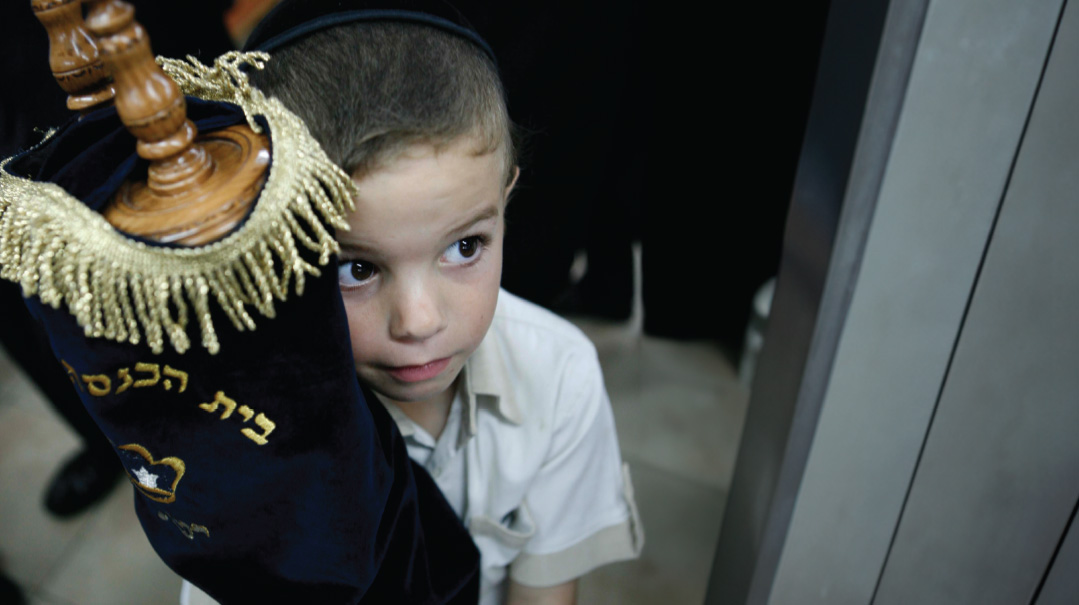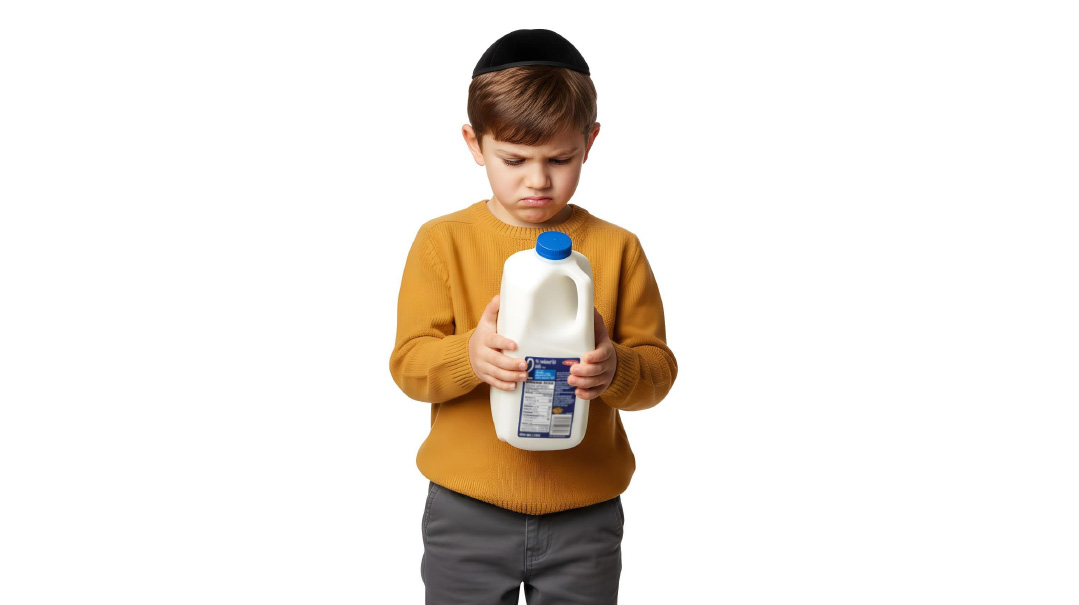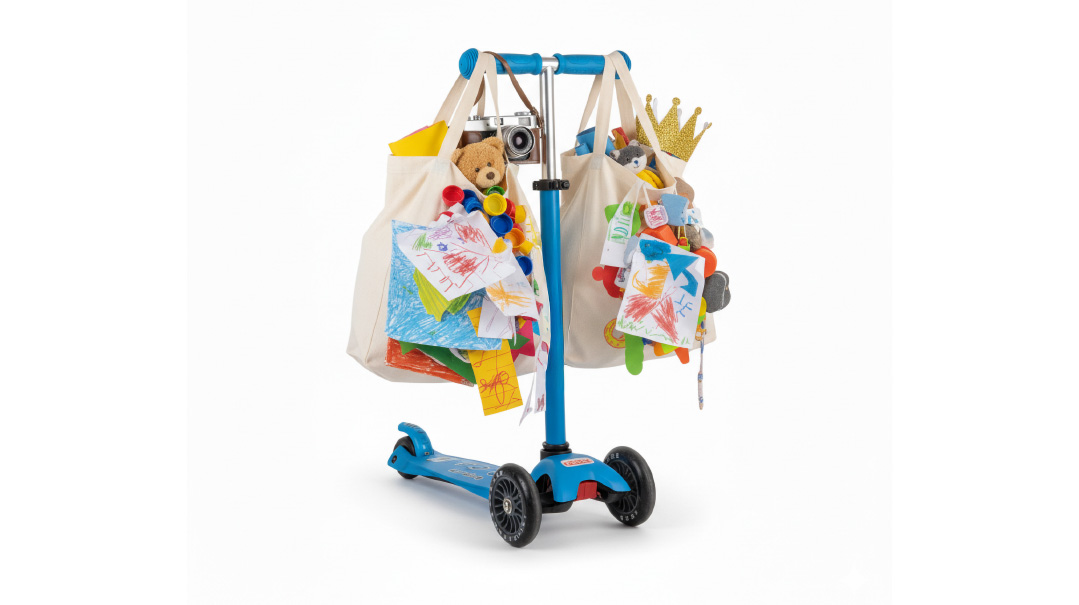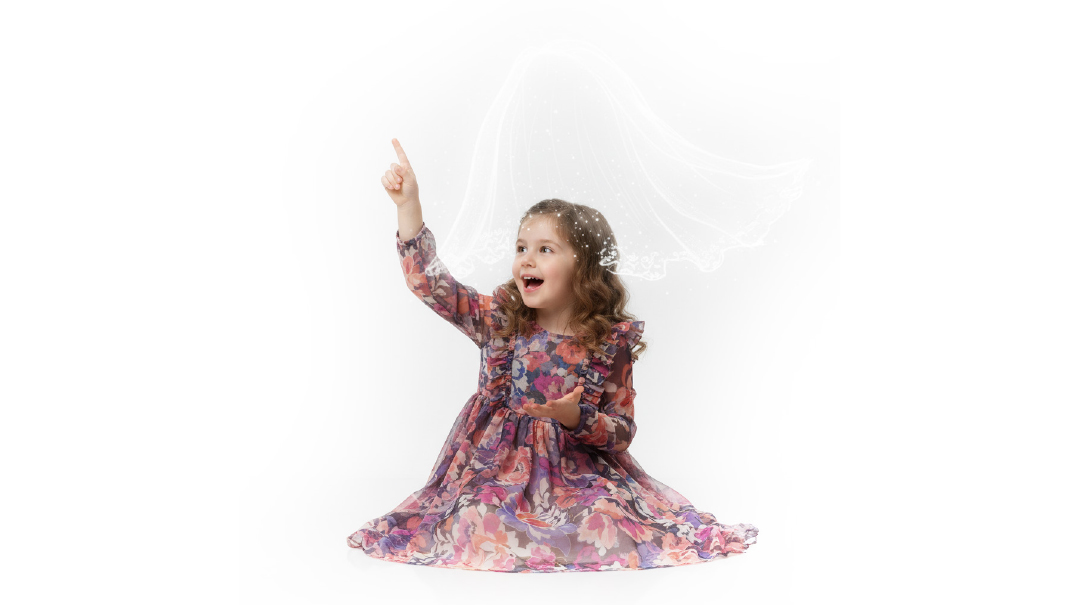One of Us
| September 26, 2023As with all parenting moments, we can pray and plan and prepare, but then we must let go

T
he clock chimes its magical 72-minute marker, and I bentsh licht, ushering in one of the happiest days of the year — Simchas Torah — and I combat the darkness rising from within.
Troubled thoughts roil in my brain, and my breath becomes shorter, ragged. Even though he won’t tell me, I know that my ten-year-old Meir is very concerned. He wonders: Who will dance with me this Simchas Torah? Will I stand outside the circle or within? Will I feel like I fit in with everyone else, or will I feel strange and different?
Harnessing the energy of my worries, I passionately beseech the only One Who truly understands loneliness. I send up my list of anxieties to the One Who can hear the silent cry of the Boy Who Comes to Hakafos Without a Father.
As a single mother, I often walk the tightrope of keeping my own sentiments under wraps while helping my children navigate their complicated world. I turn from the safety of my tefillos and tears, lock them deep inside, and paste on a smile for the sake of my children.
We head to shul.
The cozy atmosphere of the shul provides a welcome relief from the unseasonably blustery evening.
Ana Hashem, Hoshia Na....
The rav’s words ring out, and I watch Meir’s small frame hang back.
As with all parenting moments, we can pray and plan and prepare, but then we must let go. Our children must face their own realities, bitter as they may be.
This night of Simchas Torah is no different.
Oops! We could not locate your form.







